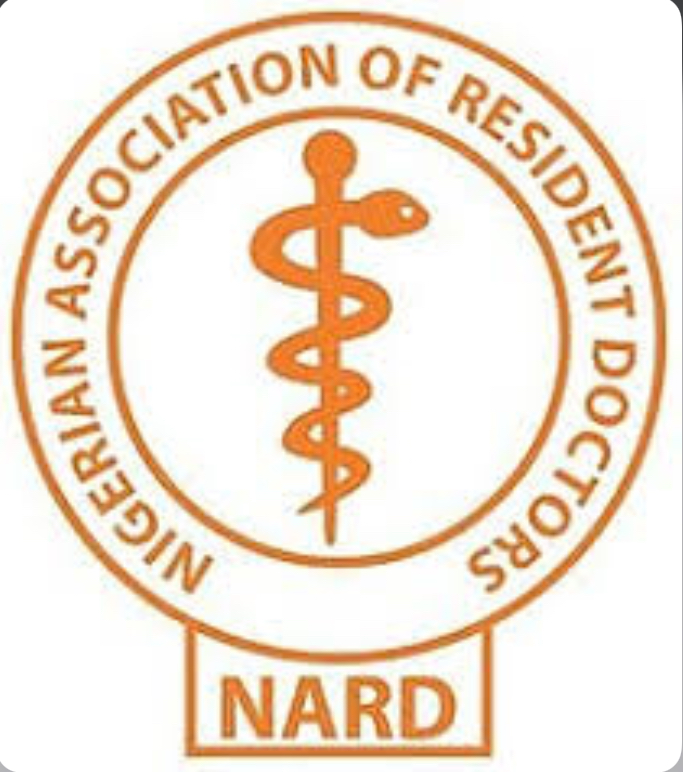For the umpteenth time, the National Association of Resident Doctors (NARD) has issued a two-week ultimatum to the federal government to implement the agreement reached on the welfare of its members. They are demanding an immediate increment in the Consolidated Medical Salary Structure (CONMESS) to the tune of 200 per cent of the current gross salary of doctors in addition to some new allowances.
An announcement on Sunday by the spokesman of the Ministry of Labour and Employment, Olajide Oshundun, read: “The federal government has entered into a memorandum of understanding with the Nigeria Medical Association (NMA) and the Nigerian Association of Resident Doctors (NARD), geared towards halting the five-day nationwide warning strike by the resident doctors.
“In conclusion, the meeting agreed that NARD officers are to present the outcome of the MOU to their members in an emergency meeting within 48 hours with a view to suspending the strike they embarked on last Wednesday, May 17, 2023.”
On Monday, NARD president, Dr Emeka Orji, in suspending the strike, insisted it is only for two weeks as the doctors will meet again on June 1, 2023, to review progress made with the agreement and decide on next line of action.
Whatever their decision may be, it must not be another strike because NARD has embarked on strikes too many times. Like this one, each strike has led to paralysis, especially in the federal government-owned 20 teaching hospitals, 22 federal medical centres and 13 specialist hospitals. They provide only skeletal services, leading to other medical professionals – medical and dental consultants, nurses, and others not involved in the strike – being overwhelmed. Consequently, some patients are discharged to seek health care in private facilities.
A report indicated that between 2013 and 2021, the nation lost over 300 working days in the health sector to strikes. The report adds that NARD accounted for 61% of the strikes, specifically responsible for 11 of the 19 industrial actions, going on strike for 154 out of the total 252 days of industrial action recorded by the government.
Even during the COVID-19 pandemic, NARD embarked on a five-day strike on May 15, 2020; went on a 10-day walkout in September 2020; scaled-down work for nine days between March 31 and April 8, 2021; resumed a 10-day strike on April 12 before embarking on the longest of all its strikes on August 2, 2021, which lasted for 62 days.
These strikes weaken Nigeria’s already frail healthcare system and compound poor citizens’ access to affordable care.
And patients, who are unable to afford the exorbitant charges of private hospitals resort to self-medication, with its attendant complications and avoidable deaths.
It also compounds an already bad situation as Nigeria already suffers from a deficit of skilled doctors, with a ratio of 0.3806 doctors per 1,000 people, according to the 2018 World Bank collection of development indicators.
In 2019, there were 24.6 thousand doctors in Nigeria for a population of about 206 million people.
What is clear is that the Federal Ministry of Health, Ministry of Labour and Productivity and NARD are being irresponsible in their attitude to the perils these strikes put Nigerians into.
There are better ways of resolving labour disputes without thoughtlessly endangering the national public health sector.
The federal government should not wait for strike before it becomes proactive in negotiations.
It needs to engage the unions periodically and in good faith abide by the timelines on any agreement it signs.
On the other hand, NARD can not see strike as the only resort. They need to be made to realize that they are not the only group of doctors in the NMA and it would make more sense if they work with their umbrella body. They also should be circumspect in what they want to make out of their strikes.
For instance, instead of embarking on strikes in pursuit of just payment of Medical Residency Training Fund (MRTF), they should work towards full implementation of the provisions of the Medical Residency Training Act (MRTA).




Leave a reply